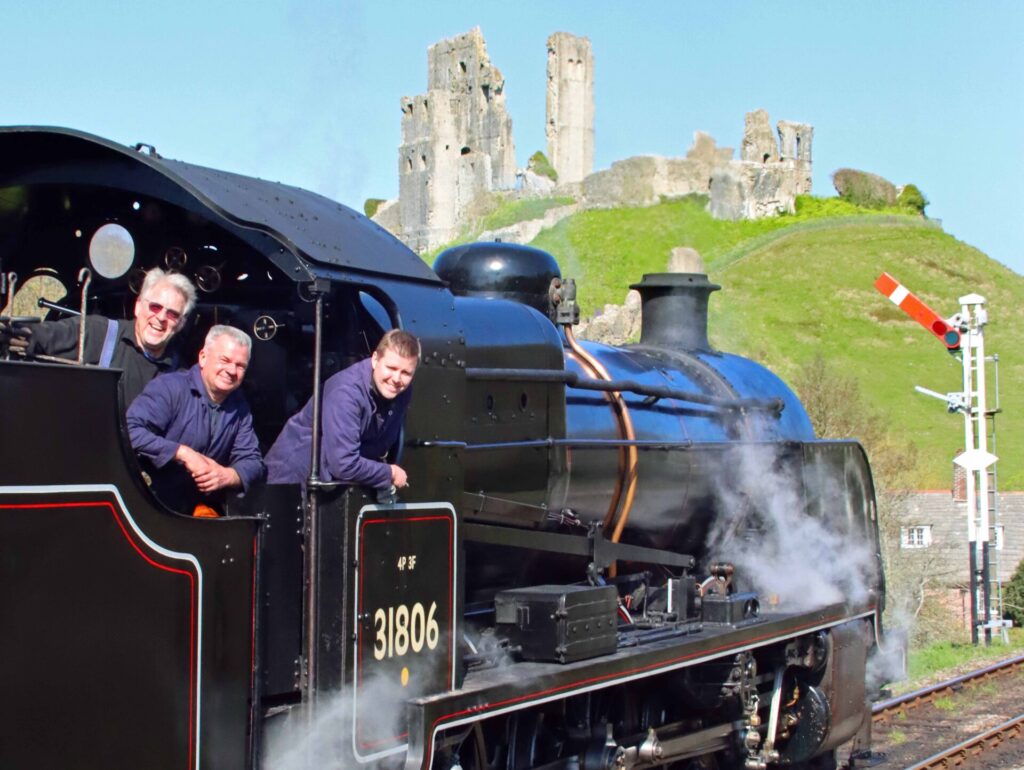
They say there’s no such thing as an honest politician, but that’s an over-simplification. Some politicians are genuinely driven to do their absolute best for all their constituents, particularly the less fortunate ones, and often do so at great personal cost to their private lives. Unfortunately there are others all too willing to accept donations or favours from corporate businesses, and in return they lobby government on behalf of those businesses.
The gambling industry, for example, uses this tactic to influence politicians, as do the fossil fuel companies.
Polls show that the majority of UK citizens now accept the need for urgent environmental action. The fossil fuel industry has therefore changed tack, and now promotes Climate Delay with the message: ‘Yes, of course the climate is changing, but it’s fine. We still have time, so we can all relax and carry on burning fossil fuels for a while yet’.
It’s what we all want to hear, that things aren’t as bad as they seem and that we don’t have to change our lifestyles too much.
Seductive. And destructive.
Try telling the people whose homes and businesses have already been flooded twice this winter that we don’t have to take urgent action.
Don’t tell us
Moving on to New Year resolutions, here’s one I wish all politicians would adopt – Tell the Truth.
Don’t tell us you’re committed to protecting the environment, and then abandon it as ‘green crap’. Don’t tell us you’ve an ‘oven-ready’ Brexit deal, when you haven’t. Don’t tell us you’re building 40 new hospitals, when you aren’t. Don’t tell us that Rwanda is safe to send asylum seekers to, while granting asylum to Rwandans fleeing persecution from their own government. Don’t tell us you’re on track to reach net zero by 2050, when your Climate Change Committee states that you are not. Don’t tell us more drilling in the North Sea will ensure the UK’s energy supply, when most of the oil and gas will be sold on the global market. Don’t tell us the drop in inflation is thanks to your policies, when the real cause is a global drop in prices.
Now, more than ever, we need honest politicians.
Ken Huggins
North Dorset Green Party




















